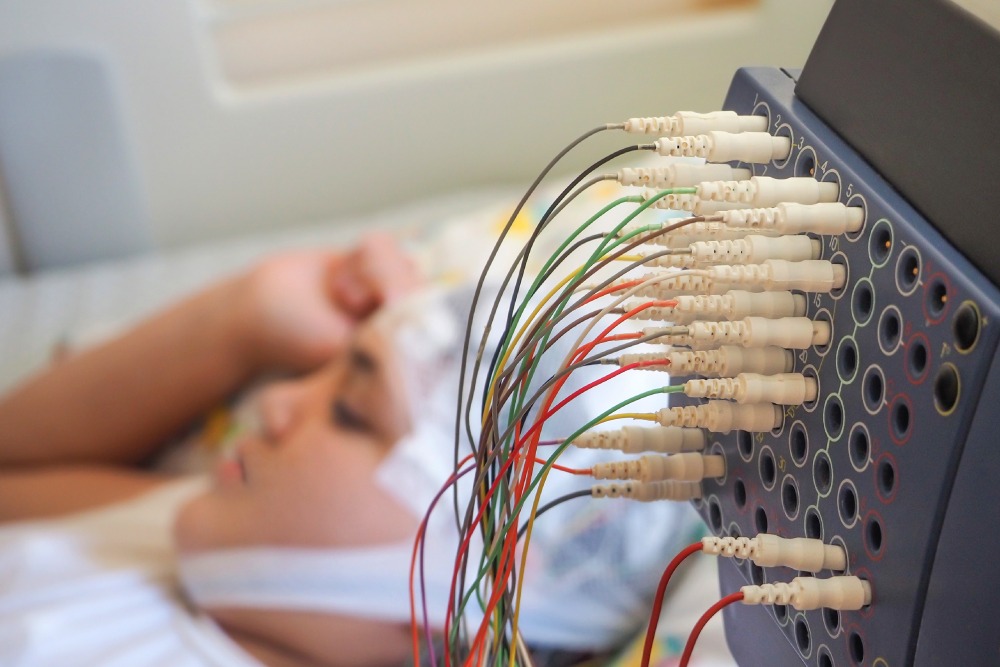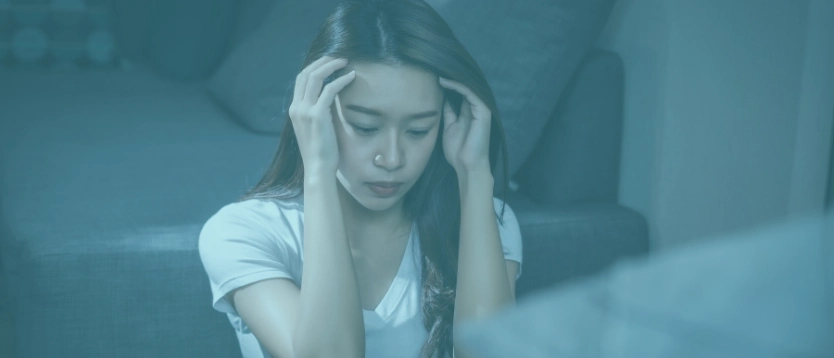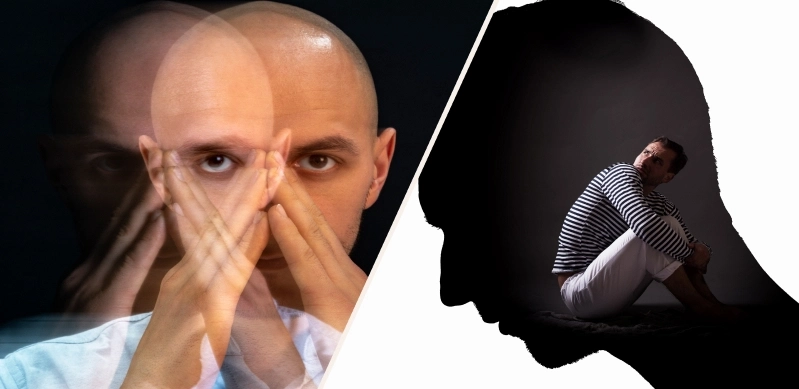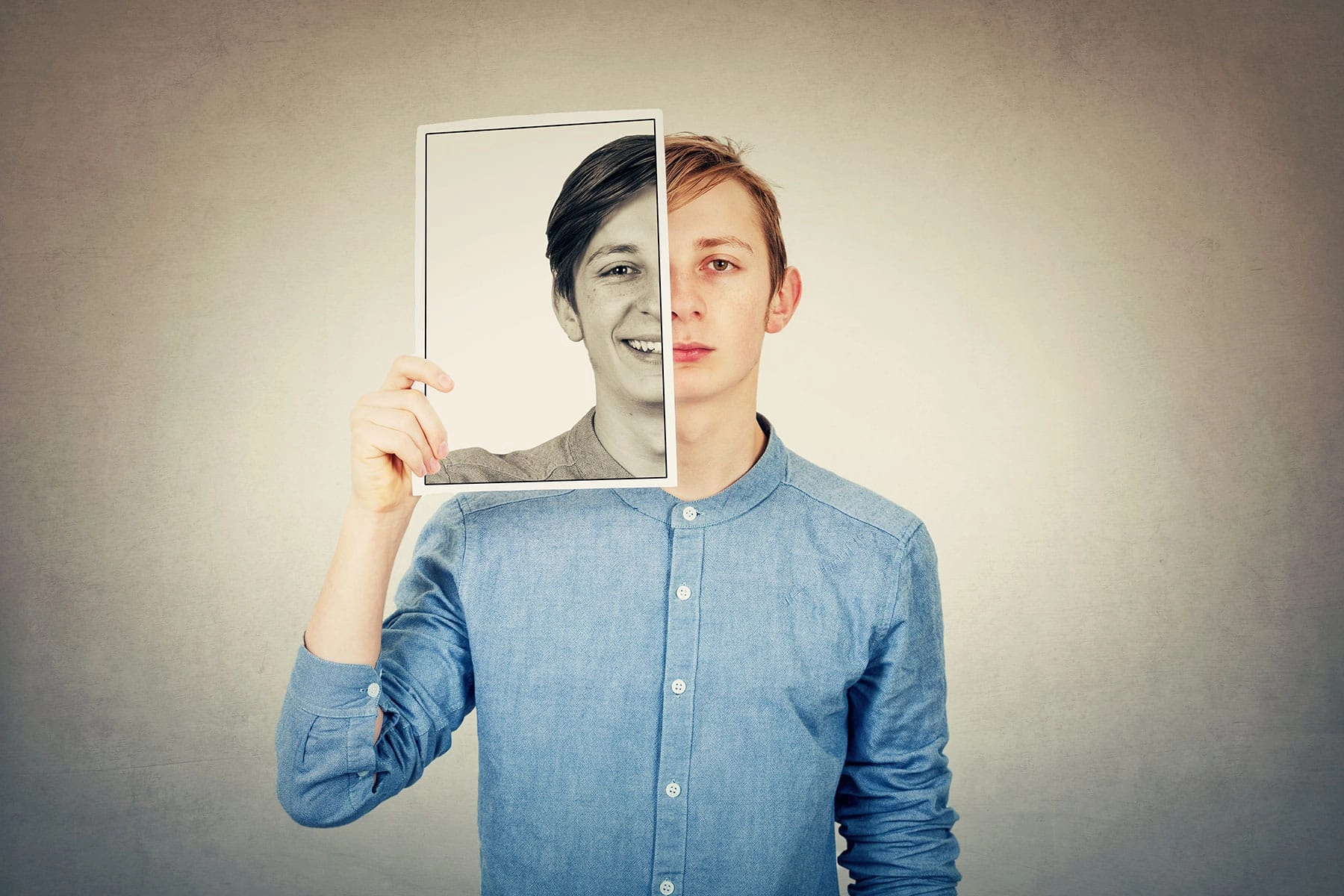High blood pressure is common, and it affects millions of people globally. It happens when there is a constant, excessive force of blood against the artery walls. You might ask if high blood pressure can induce seizures, even if it is known to raise the risk of heart disease, stroke, and other health issues.
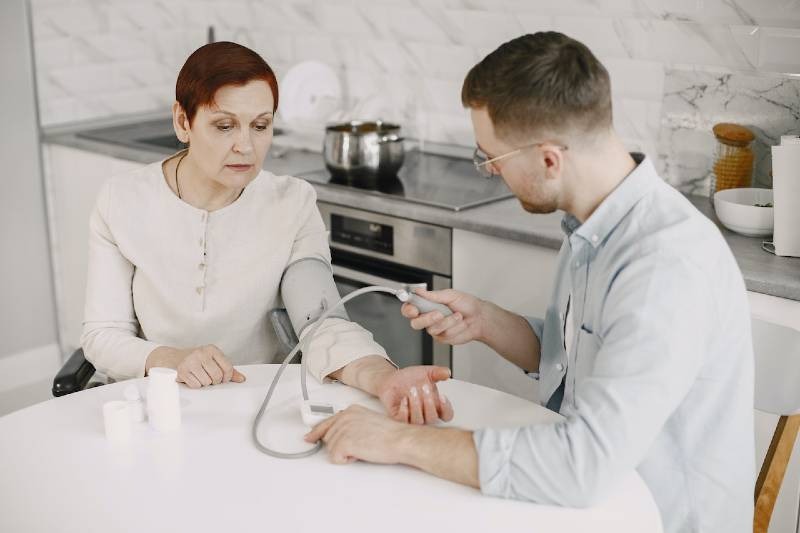
Let’s examine the connection between high blood pressure and seizures, how it affects brain function, and how it can be controlled to lower the risk of seizures.
Can High Blood Pressure Cause Seizures?
Convulsions, unconsciousness, and aberrant behaviors are just a few of the symptoms that can arise from abrupt, uncontrollable electrical disruptions in the brain that cause seizures.
High blood pressure can contribute to certain circumstances that raise the risk of seizures, even while it does not directly cause seizures.
How Does High Blood Pressure Impact Brain Function?
Chronic hypertension can harm blood arteries in the brain as well as other parts of the body.
Affected brain blood arteries may result in decreased oxygen and blood flow to certain regions, which may cause harm or dysfunction. Seizures and other neurological disorders may become more likely as a result.
Are Seizures a Common Symptom of High Blood Pressure?
Generally speaking, seizures are not seen as a typical sign of high blood pressure.
However, due to the significant harm done to the brain’s blood arteries, people with malignant hypertension—a disorder marked by excessively high blood pressure—may occasionally have seizures. Malignant hypertension is a medical emergency that needs to be treated right away.
Types of Seizures That Can Be Linked to High Blood Pressure
It is crucial to stress that not all seizures that people with high blood pressure suffer are directly caused by their hypertension and that seizures can have a variety of reasons.
To identify the precise underlying causes of the seizures and direct the proper course of treatment, a thorough medical evaluation is required.
A kind of seizure caused by high blood pressure is:
Hypertensive Seizures
The terms hypertensive seizures, hypertension seizures, and blood pressure seizures are frequently used to describe seizures that happen in people with high blood pressure. Usually, these seizures are tonic-clonic generalized seizures.
Grand mal seizures, another name for generalized tonic-clonic seizures, are characterized by a loss of consciousness and muscle stiffness (tonic phase), which is followed by rhythmic jerking movements (clonic phase). The person may bite their tongue, have convulsions, or lose control of their bowels or bladder during these seizures.
Can Medications for High Blood Pressure Trigger Seizures?
Seizures are often not brought on by drugs used to treat high blood pressure. But for those who are vulnerable, several drugs may have adverse effects that raise their chance of seizures.
It’s critical to discuss any worries or possible side effects with your healthcare practitioner and to heed their advice when taking medications.
How Can High Blood Pressure Be Managed?
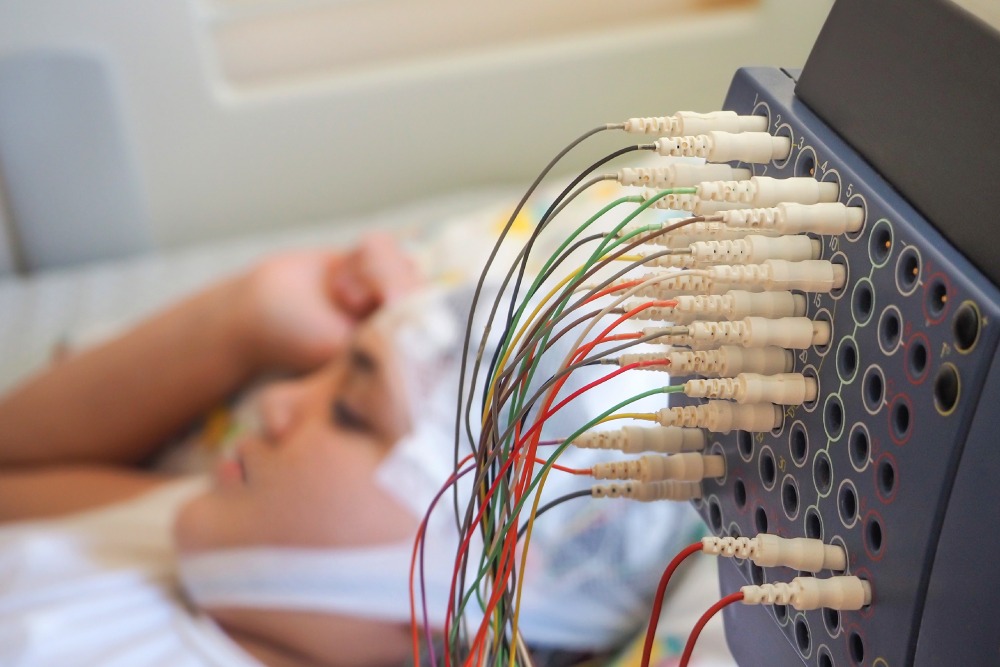
Controlling hypertension is essential for lowering the chance of seizures. There are various strategies to control high blood pressure and lower the risk of seizures:
Healthy Diet
Blood pressure can be lowered by eating a diet high in potassium and low in sodium. Include entire grains, lean meats, fruits, and veggies in your meals every day.
Regular Exercise
Regular physical activity, such as swimming, cycling, or walking, can help maintain a healthy weight and control blood pressure.
Limit Alcohol and Avoid Tobacco
Excessive use of tobacco and alcohol can cause seizures and increase blood pressure. These dangers can be considerably decreased by limiting or abstaining from these substances.
Manage Stress
High blood pressure can be exacerbated by ongoing stress. Effective stress management can be achieved by putting practices like yoga, deep breathing, and meditation into practice.
Regular Check-ups
Frequent check-ups with the doctor guarantee that any changes in health are identified early and appropriately treated. If required, your doctor may recommend medication to treat high blood pressure.
Keep in mind that these are only recommendations and might not work for everyone. For individualized guidance, always seek the assistance of a healthcare professional.
Can Seizures Impact Blood Pressure Levels?
Blood pressure might change while having a seizure. Some people might have a brief rise in blood pressure, while others might have a brief decrease.
Usually temporary, these alterations should go back to normal after the seizure episode is over. It’s critical to routinely check blood pressure and talk to a healthcare provider about any problems.
When To Seek Medical Attention for High Blood Pressure and Seizures
It’s critical to get help right away from Aether Health’s SilverLake ER if you have seizures or notice someone else having one.
Furthermore, it’s critical to speak with a healthcare professional to assess the underlying causes and modify your treatment plan if you have high blood pressure and see any changes in your seizure patterns or develop new seizure symptoms.
Conclusion
High blood pressure can contribute to factors that raise the risk of seizures, even while it does not directly cause seizures. The risk of seizures may rise as a result of damage or dysfunction to the brain’s blood vessels caused by chronically elevated blood pressure.
Seizures can be prevented by controlling high blood pressure with lifestyle changes and the right medical care. To identify the underlying causes and obtain the right care, it’s critical to get medical help if you have high blood pressure and have seizures or observe changes in your seizure patterns.

